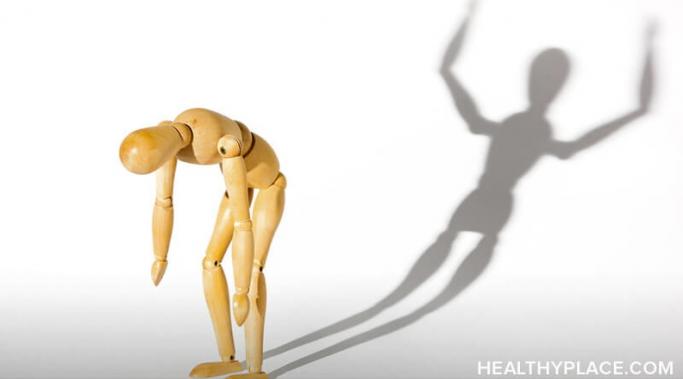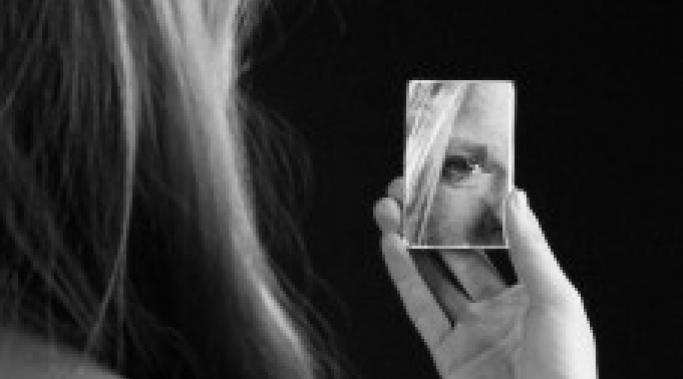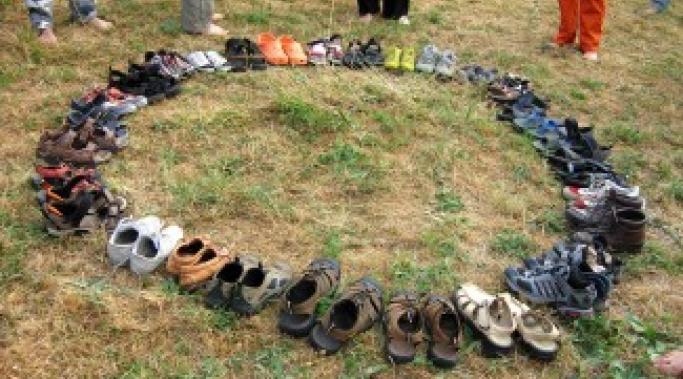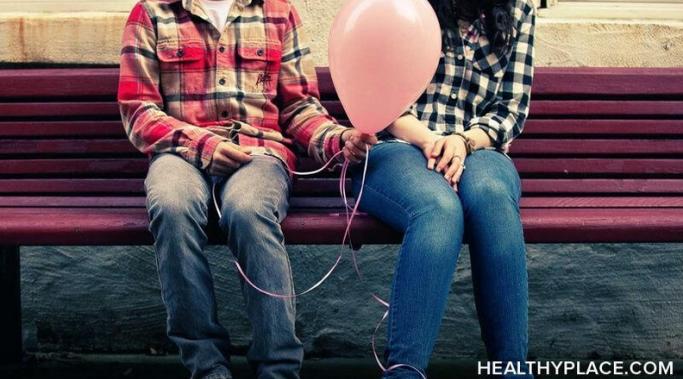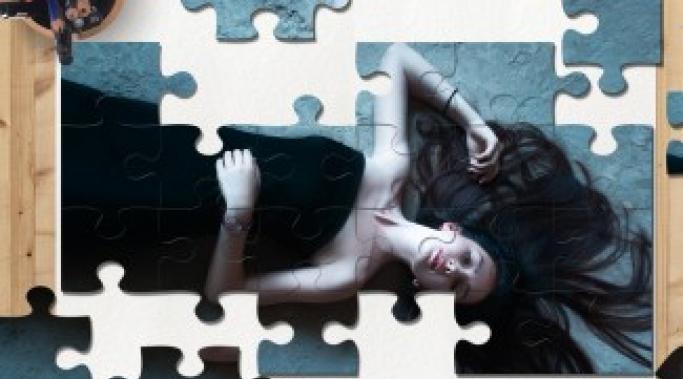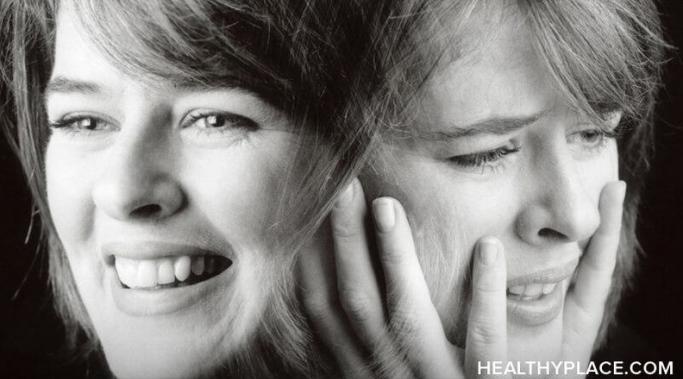Everyone with an eating disorder believes in one, sacred lie. This lie is the superficial reason that the eating disorder started. This lie is the reason that girls and boys, women and men, will turn their lives into a confetti of chaos. This lie is the reason that every moment is rife with obsession or shame and the reason that we torture and destroy our bodies in unhealthy ways. It’s the reason we distance ourselves from our friends and family and isolate in our own personal hell. This is the eating disorder lie that destroys us
Surviving ED
The person you meet in eating disorder recovery lies in the abyss of the rock bottom of addiction. It’s when you’ve tried on your own and failed. It’s when don’t have enough tools yet to fend off the destructive patterns. In the abyss of rock bottom, you may end up in a hospital or treatment center fighting for your life, even when you’re not sure you want to fight for it. But we have a seed of will to survive, a sliver of hope that there’s a better life, if we can just find it. The person you meet in eating disorder recovery is the person that will be with you for the rest of your life, because that person is you.
We recover in community. We may think that our eating disorders, or addictions, separate us from others (Never Alone: Overcoming the Loneliness of Eating Disorders). We may think that no one understands, that we’re unique in our “specialness,” or our suffering. Then we enter therapy, a facility, or a group, and we begin to see that we’re not as unique as we thought. Our “special” form of suffering is shared by others, and guess what, they understand us. They don’t just try to listen and sympathize. They actually understand us because they’ve gone through the same things. One of the key factors in eating disorder recovery is connection to others, because we recover in community. Here’s three ways to connect in recovery.
The ability to release emotions stored in the body in eating disorder recovery is vital for our health. On an average day, we have a plethora of emotions that change from one moment to the next. Society however, isn’t set up to allow us to cry, yell, or move emotions through our bodies whenever they arise. Instead, we’re trained to be professional and to be put together (The Stigmatization of Your Emotions). As the saying goes, “Check your baggage at the door.” I’ve heard that multiple times over the course of my professional life. Although there are times we need to be put together, there are many times we need to release emotions before they're stored in our body. Problems arise when we don’t allow ourselves to let the emotions move through us, to release emotions stored in our body during eating disorder recovery.
Eating disorders can make us feel invisible. If we’re anorexic, strangers stare at us on the street, watch cautiously as we order coffee taking note of the calorie content, perhaps feeling confusion or pity in their hearts for us. If we’re bulimic or have binge eating disorder, we may weigh a “normal” weight so we may not be stared at or confronted by family or friends, but inside we’re holding a heavy monster of a secret. No matter what specific form our eating disorder takes, there’s a level in which eating disorders makes us feel invisible.
The question, "Can love can save you from an eating disorder?" hits at the core of a deeper question. Anyone who loves someone with a behavioral or substance addiction will face wanting to leave the person, or wanting to take his or her love away because he or she has been hurt too many times. As the partner, you may wonder if your love and presence even matters. As the addict (the person with the eating disorder), another’s love may pour a sea of guilt into you, which can drive you back into reaching for your addiction. But love is a powerful force and we can use love for eating disorder recovery.
Embracing resistance in eating disorder recovery is key to our health and happiness. It can be a confusing process because the eating disorder didn’t develop overnight. We didn’t wake up one morning and say, “Hey, I found a brilliant way to destroy my life, my relationships, my health, and my self-esteem. Hello, eating disorder, come right in.” We didn’t realize that our “diet” would lead to a downward spiral. At some point, we all face the choice of recovery, and it’s scary (An Exercise in Letting Go of Fear in Eating Disorder Recovery). We must venture in the opposite direction of the path we’ve known. Resistance is normal. Here’s how embracing resistance in eating disorder recovery can be simple.
"If you can’t be honest you won’t recover from an eating disorder," the woman said while leading group therapy during my inpatient stay at the hospital.
Honesty is a foreign concept to eating disorders. They have a fantastic ability to spin lies. They tell us we’re fat, that we’re rejected, isolated, and alone. They tell us that they’re our best friends and that they’ll never leave us. At first, the statements might fill us with joy – hurray, a best friend who never leaves. But soon, it’s torture – an abusive friend who won’t ever leave. The problem with lies is that they grow with silence. The best way to mute them is to bring them into the light of honesty. Without honesty, you just won't recover from an eating disorder. Here are four vital things to be honest about in your eating disorder recovery.
Making food your friend in eating disorder recovery is a scary notion. For many of us, food has become something to be feared, rationed, avoided, or lied about. Food has become a source of greed and pain, purging and sorrow, restriction and pride. We use food in unhealthy ways to regain our sense of control over the spinning world around us, and the pain in our lives. As much as we dismiss the food, the obsession with it grows until it becomes a thing of love and hate, want and fear. But food is much more than this. It’s time that we made food our friend in eating disorder recovery.
When our eating pattern and eating disorder are exposed, there’s a connotation that something is broken, unsettled, or disordered. Disorder is a term that swims in a level of metaphorical darkness. No one wants to admit that they have a disorder.
It’s much easier to say that we have strange eating patterns, or that we exercise intensely. No matter what level our eating, body image, or exercise patterns lie, if they’re causing us stress in any part of our lives, then they’ve become a problem. So the exposure of our eating patterns and eating disorder can be a good thing.
